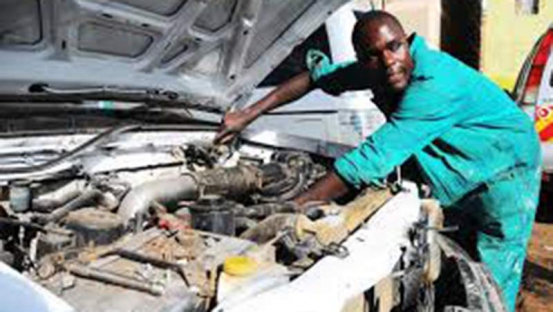×
The Standard e-Paper
Home To Bold Columnists

The annual Nairobi-rural Kenya Christmas migration is days away, with indications this year will be no different from the past.
At the Jua Kali garages of Kariobangi, Roysambu, Ngara and Mlolongo, mechanics are reporting good car repair business and they expect it to peak this weekend.